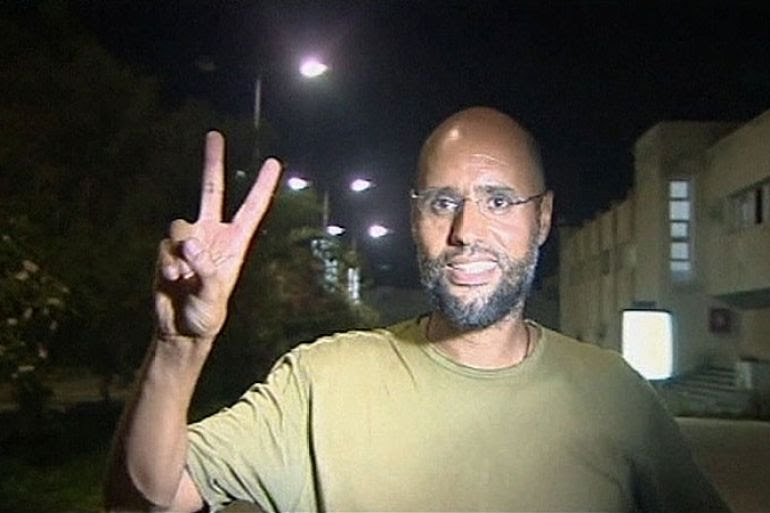FG Places 7-Year Ban on Setting Up of New Universities, Polytechnics

The Federal Executive Council (FEC), under the leadership of President Bola Tinubu, has sanctioned a seven-year moratorium on the creation of new federal tertiary institutions within the nation.
This directive encompasses universities, polytechnics, and colleges of education.
Education Minister Tunji Alausa articulated the rationale behind this decision, highlighting that the pressing issue in Nigeria’s educational sector is not access but the redundancy of institutions, which has precipitated a marked decline in infrastructure and human resources.
“In our country, access to quality education is no longer a challenge,” the minister stated.
“We are currently facing an overabundance of federal tertiary institutions, resulting in diminished capacity for each and a degradation of infrastructure and manpower. Without decisive action, this will lead to a significant decline in educational quality and erode the international esteem Nigerian graduates hold.”
Alausa detailed the expansive landscape of Nigeria’s tertiary education, noting the existence of 72 federal universities, 108 state universities, and 159 private ones, with similar trends in polytechnics and colleges of education.
He also mentioned related institutions, such as monotechnics and colleges of agriculture and health sciences, underscoring the over-proliferation without corresponding demand or resources.
“For the 2024-2026 academic sessions, approximately 2.1 million young Nigerians applied to our tertiary institutions,” he remarked. “However, 199 universities had fewer than 99 applicants, with 34 universities attracting no candidates at all. This concerning pattern is mirrored in polytechnics and colleges of education.
Indeed, 295 polytechnics had fewer than 99 applicants, and 219 colleges of education faced similar challenges, with 64 receiving no applicants.”
The minister illustrated the inefficiencies with an example from the northern region, where a federal university had fewer than 800 students but employed over 1,200 staff members. “This is simply unsustainable,” Alausa asserted, emphasizing that many federal universities operate below optimal capacity while straining government resources.
The moratorium on new federal tertiary institutions is a decisive move to rectify these inefficiencies. The government intends to redirect resources toward enhancing existing institutions, upgrading infrastructure and manpower, and expanding their capacity.
“We must elevate the quality of our educational system and increase the capacity of our current institutions to ensure Nigerian graduates maintain and enhance their global respect,” he said.
Alausa expressed gratitude to President Bola Tinubu for his steadfast commitment to educational reform, noting the president’s strong political will.
“The president is passionately committed to providing every Nigerian with world-class education, and his dedication has been pivotal in advancing these reforms,” he stated.
The council also approved the establishment of nine new private universities, addressing longstanding applications delayed by inefficiencies within the National University Commission (NUC).
“Several applications have languished for over six years, with investors having already developed campuses and invested billions of Naira,” he explained.
The ministry conducted a thorough review to deactivate over 350 inactive private university applications and revamped the guidelines for enhanced efficiency and fairness.
“Currently, 79 private university applications are active, with nine receiving approval this week,” he said.
Looking forward, the moratorium will extend to new private universities, polytechnics, and colleges of education, ensuring compliance with the new standards before approval.
Alausa emphasized the necessity of the moratorium as a pragmatic measure to safeguard Nigeria’s educational standards and sustainability.
“Without immediate action, graduate unemployment will rise, and the capital index will be adversely affected by the increasing number of graduates lacking essential skills to contribute meaningfully to the economy,” he warned. “This policy is crucial to maintaining the global respect for Nigerian education and its graduates.”









